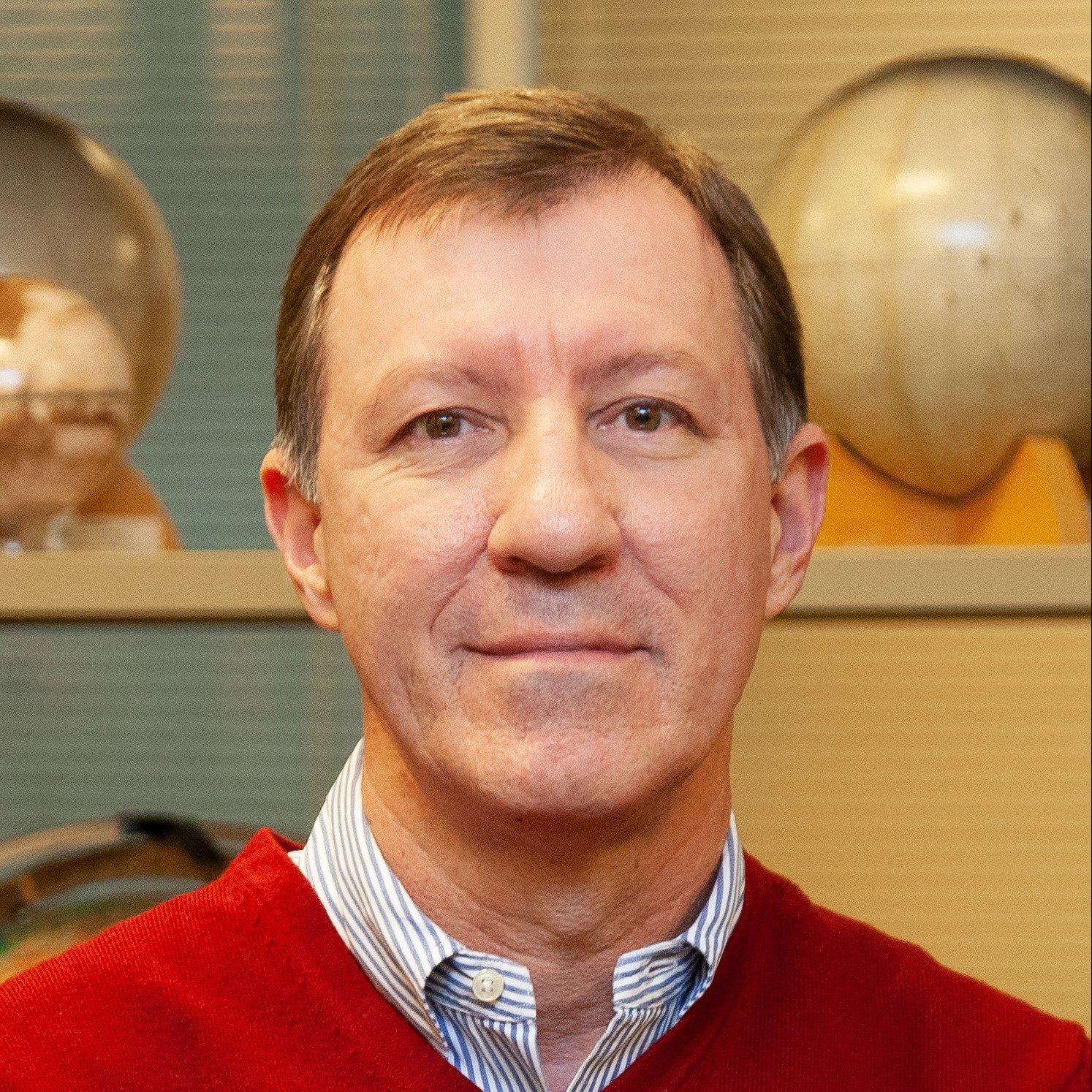
Dr. David Kring
David spent the first half of his career working at the University of Arizona with appointments in the Department of Planetary Sciences, Department of Geosciences, and the Institute for the Study of Planet Earth. He is currently at Houston’s Lunar and Planetary Institute helping NASA develop a lunar exploration program.
He is an explorer, having studied geologic clues in Haiti and elsewhere in the world to locate the dinosaur-killing Chicxulub impact site in the Yucatán, Mexico, and studied Apollo samples and the lunar surface to uncover vestiges of early Solar System history. He is also a teacher who revels in opportunities to bring those types of experiences to students and a broader community. While at the University of Arizona, he led student field trips to Colorado Plateau destinations like Meteor Crater, San Francisco Volcanic Field, Grand Canyon, Painted Desert, Arches, and Canyonlands. While working from Houston, he often returns to Flagstaff to train students and astronauts how to explore the Moon and other planetary surfaces using the area’s geologic sites. Many of those sites, he adds, were first revealed to science by MNA geologists.
He loves the Colorado Plateau, because it is a geologic wonderland that provides a window into the Earth’s past and the spectacular forces that shaped the surface of our planet today. The Plateau exposes an intricate dance between biological and geological evolution. The Plateau is also one of the world’s greatest interfaces between the Earth and sky. He enjoys MNA’s integration of natural and human history, the storytellers who bring that history to life, and the insatiable hunger of museum members to learn more about northern Arizona and the Colorado Plateau.
David is actively engaged in communicating scientific issues to the public through a variety of print, radio, and television forums, including popular science books, magazine articles, and science documentaries for the Discovery Channel, Learning Channel, History Channel, and PBS, all in the U.S., and other channels in Canada, France, Germany, Japan, and the U.K.

